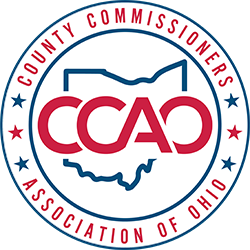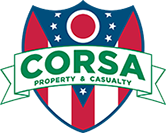Latest News view all news
Step onto the lush greens of Safari Golf Club in Powell, Ohio, and immerse yourself in a day of swings, putts, and camaraderie for a noble cause. The annual County Classic Golf Outing, organized by the CCAO Research and Educational Foundation, promises a day of fun-filled competition while supporting the dreams of aspiring students across Ohio. |
Updated: February 28thAs the Joint Committee on Property Taxation Review and Reform continues its work in the legislature, CCAO will share materials shared with the committee here, including links to recordings of its hearings. This page will be updated after each hearing. |
Jail project survey shows more than $2.2 billion needed for jail projects across the state, as increasing inmate populations with drug addiction issues, mental health conditions, and female inmates drive need for new and improved facilities. |
Attendees heard from Rear Admiral Peter Cressy on leadership styles, learned about emerging county issues such as community solar, adult-use cannabis, cyber security, and more, and had a chance to talk with legislative leaders such as Speaker of the House Jason Stephens and Senate Majority Whip Theresa Gavarone. |
Follow Us on Facebook
Upcoming Events view all events
May 15, 2024 | May 16, 2024 |








